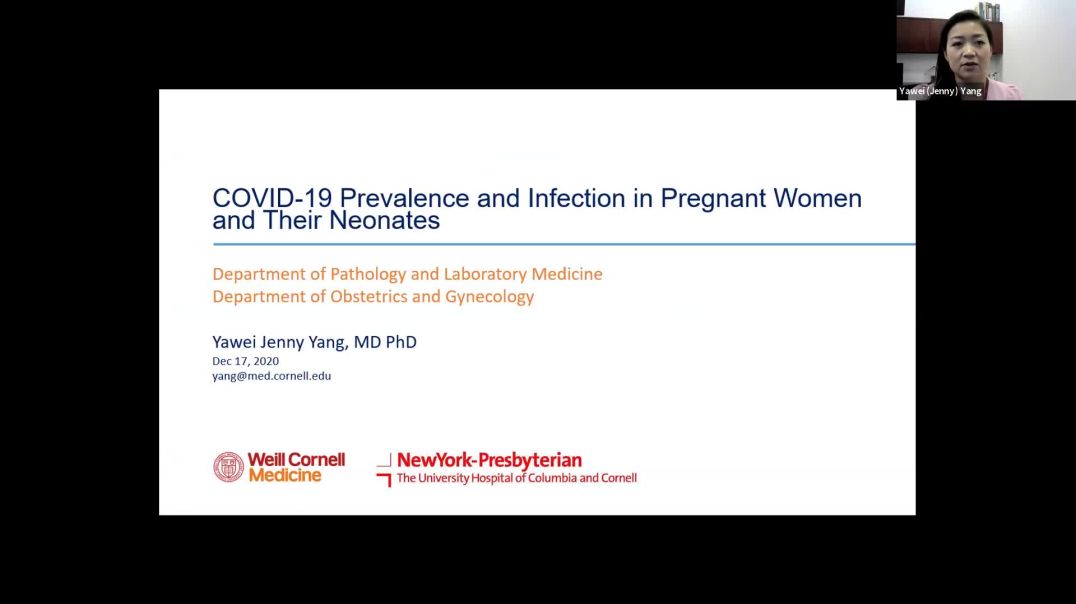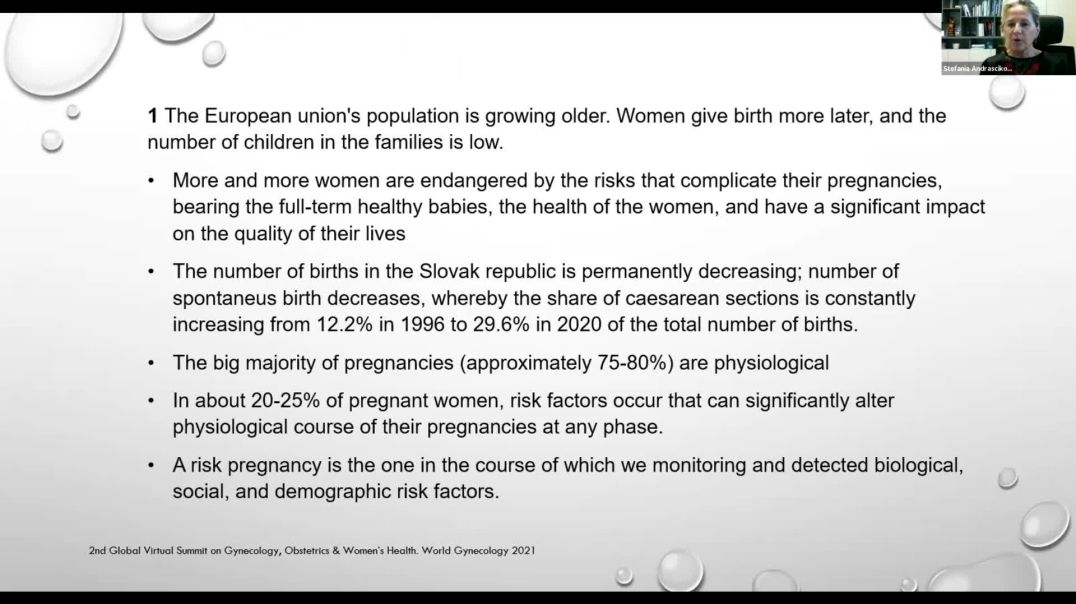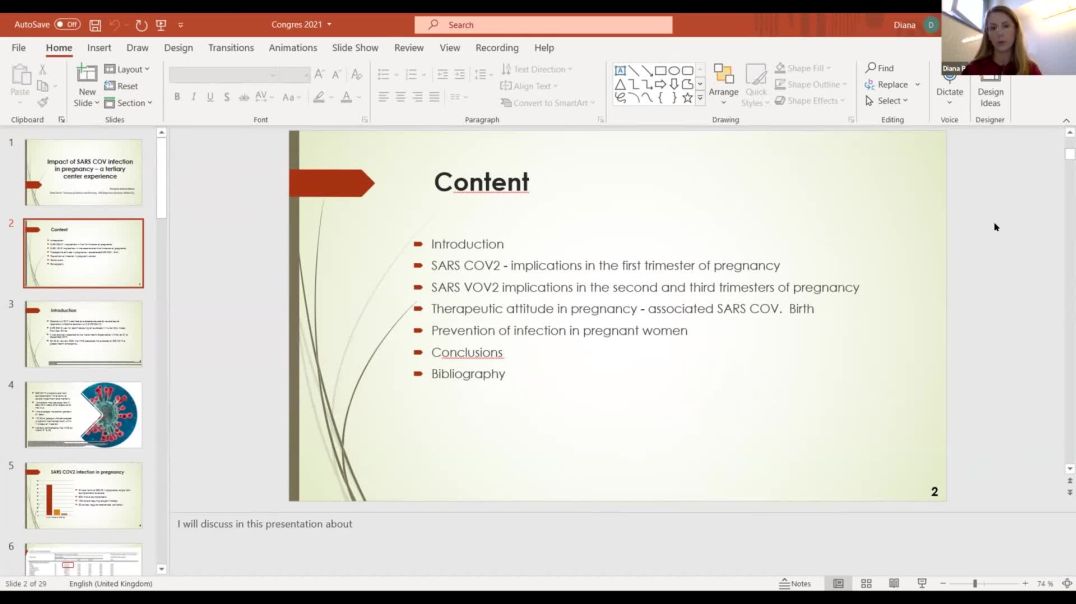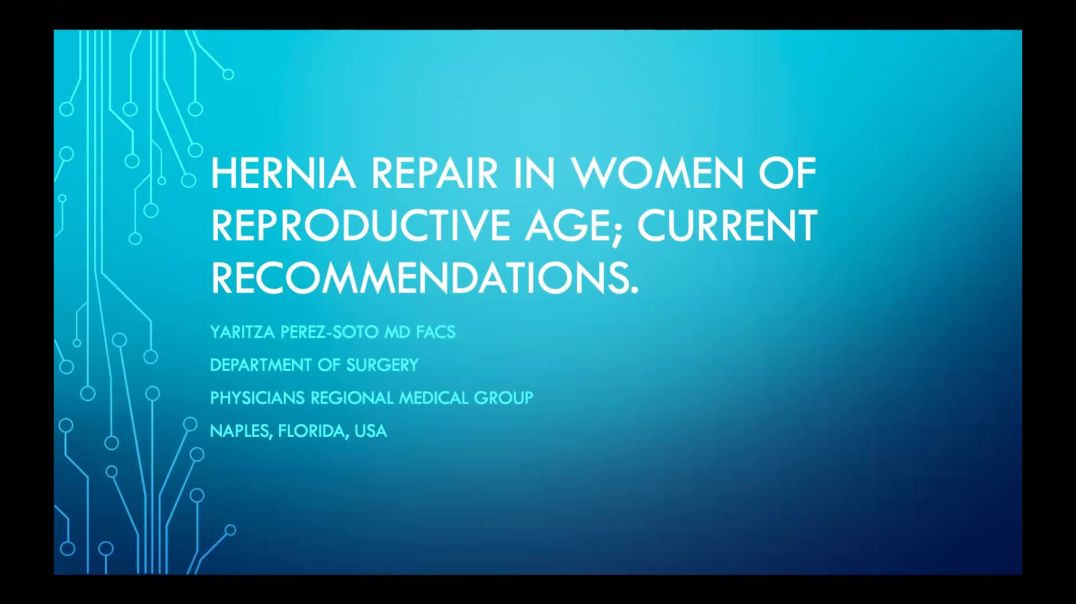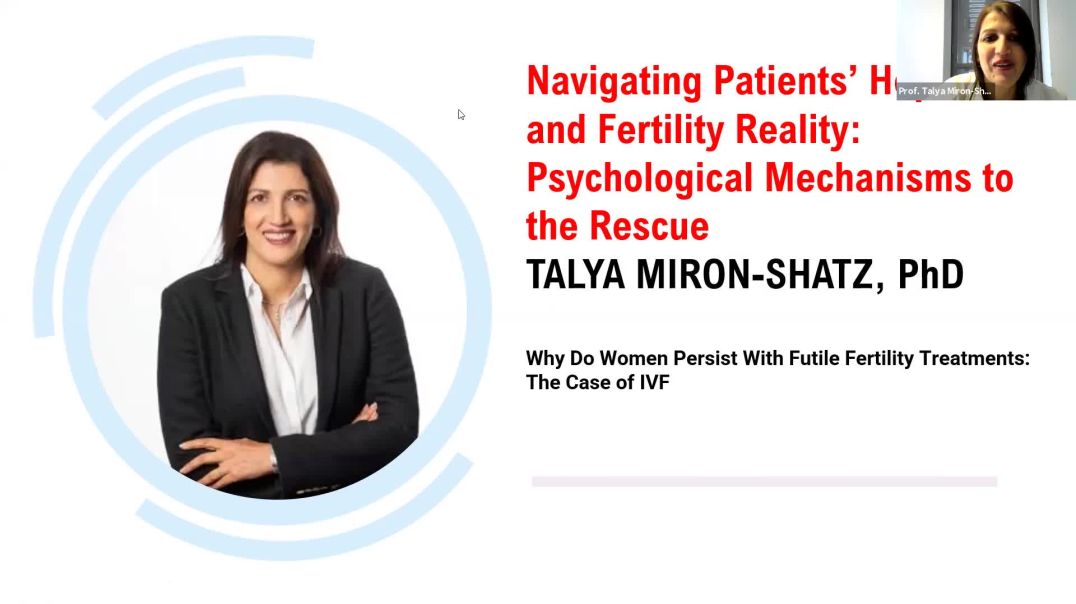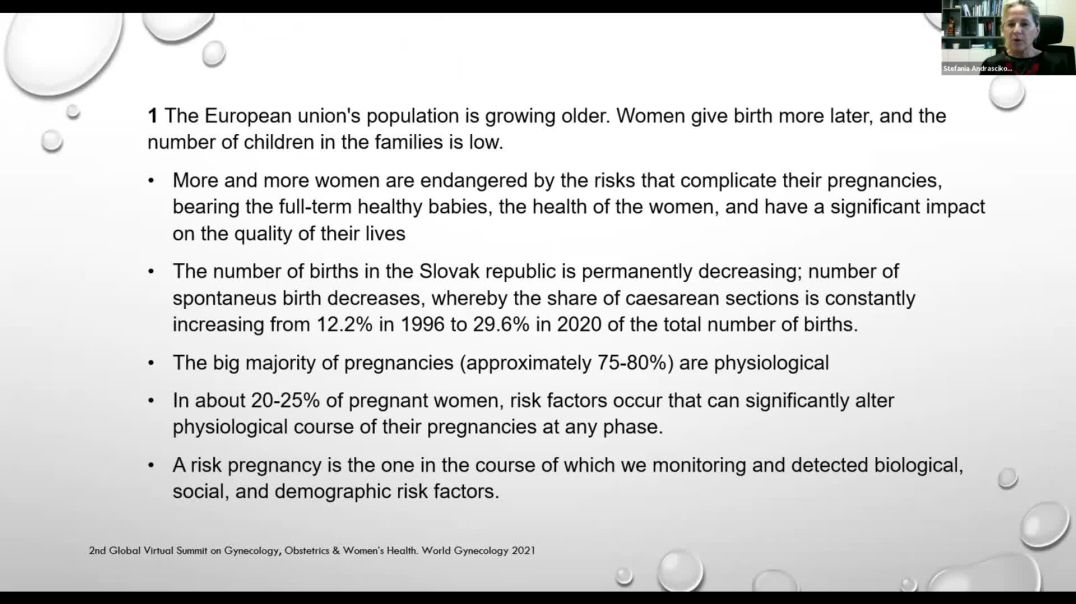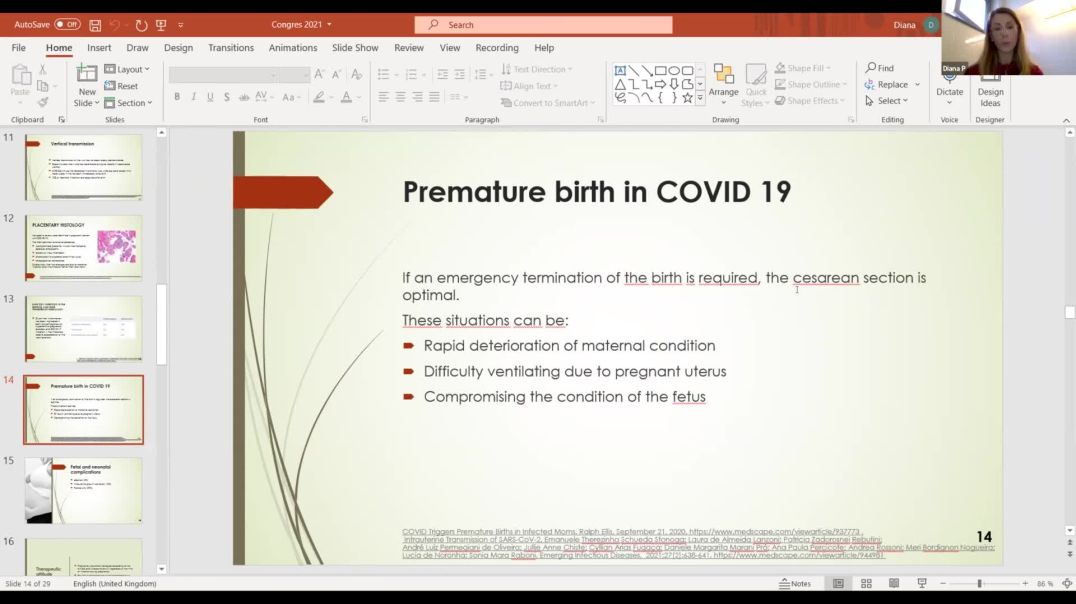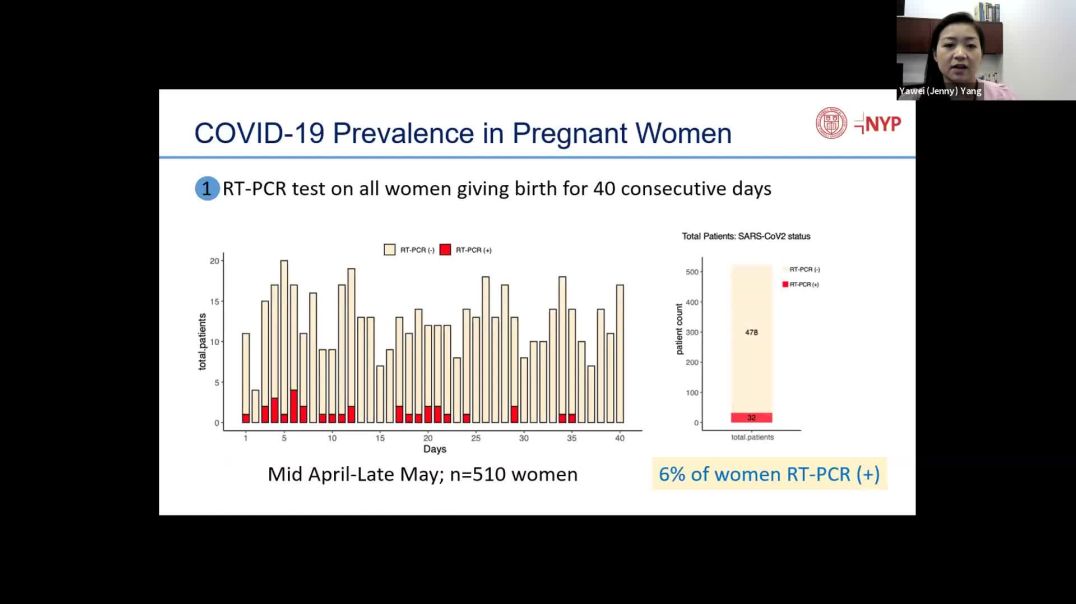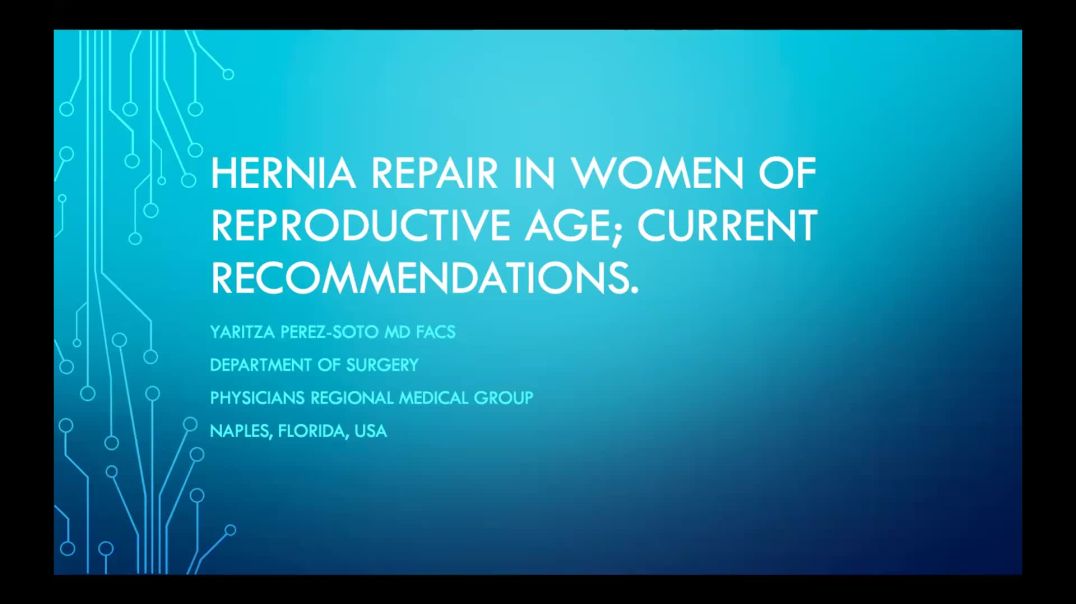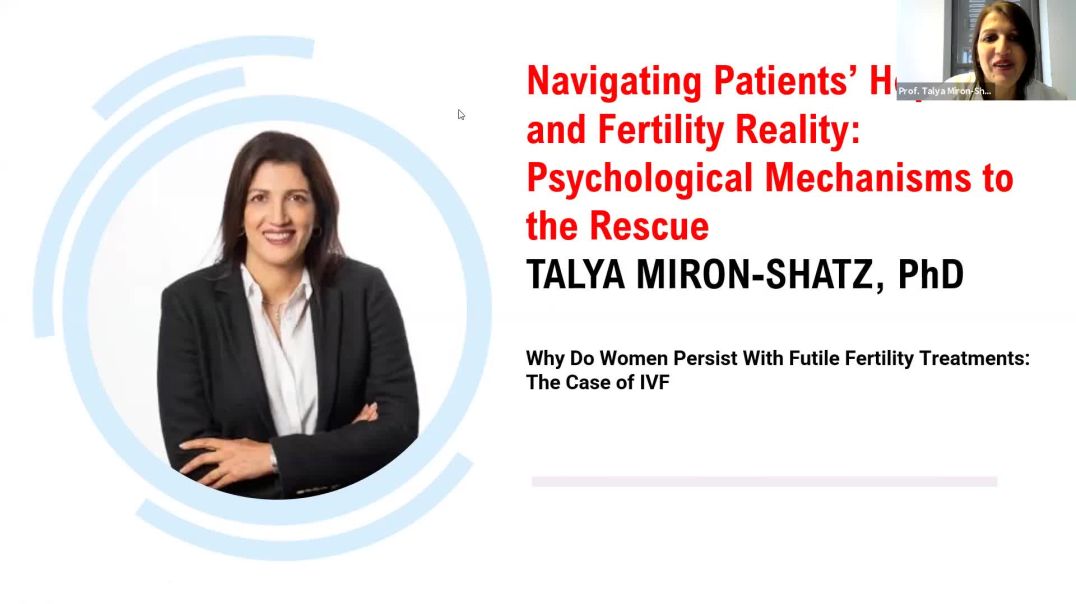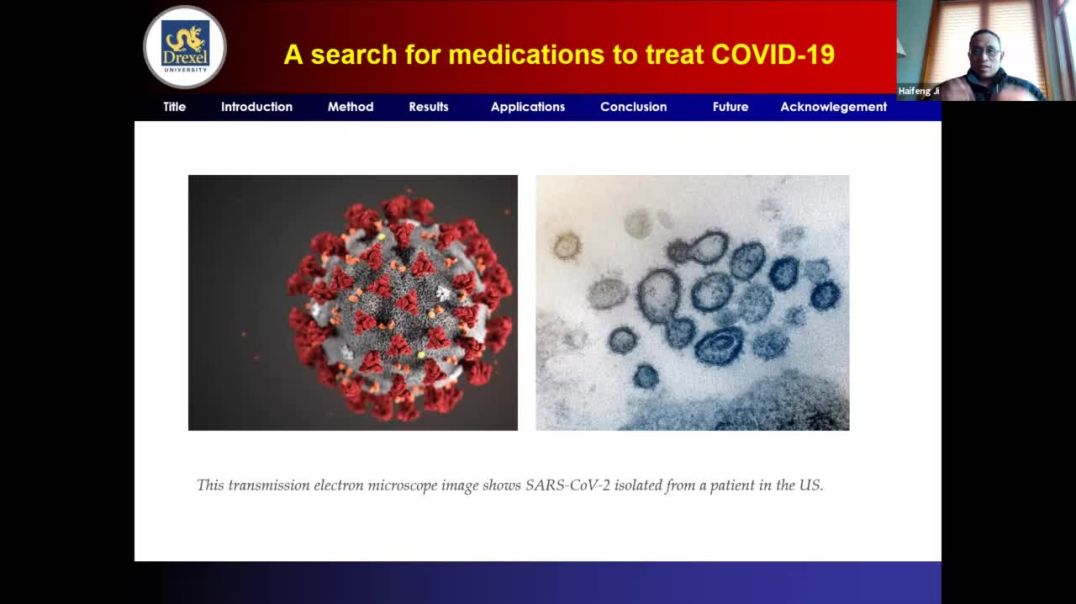SARS-CoV-2 Infection and Vaccination in Pregnant Women | Yawei Jenny Yang
Summary :
Pregnant women and their neonates represent 2 vulnerable populations with an interdependent immune system that are highly susceptible to viral infections. Maternal antibodies are produced in the setting of an infection or vaccination, and pregnant women can pass on these antibodies via the cord blood to provide passive immunity to their babies. Thus, antibodies can be measured as a marker of the immune response as well as putative protection from infection. We demonstrate that maternal antibody levels correlate with symptomatic maternal SARS-CoV-2 infection, and higher levels of maternal antibodies are associated with passive neonatal immunity. Maternal antibodies from vaccination increase with time elapsed since vaccine dose 1 and the antibodies mounted against a vaccine are detected in the cord blood of their babies. The placental transfer ratio of antibodies correlate with time elapsed since maternal vaccination dose. Taken together, these data can guide the clinical management of SARS-CoV-2 infection as well as vaccination strategies for pregnant women.
About Author :
Dr. Yang received her M.D. / Ph.D. from Harvard Medical School and completed her Clinical Pathology residency and Molecular Genetic Pathology fellowship at Columbia University Medical Center. She is a Research Fellow at Rockefeller University and previously trained at the World Health Organization. Dr. Yang is working on both a better understanding of SARS-CoV-2 in pregnancy to help guide clinical management, as well as increasing access to genetic testing in the pregnant patient population.
